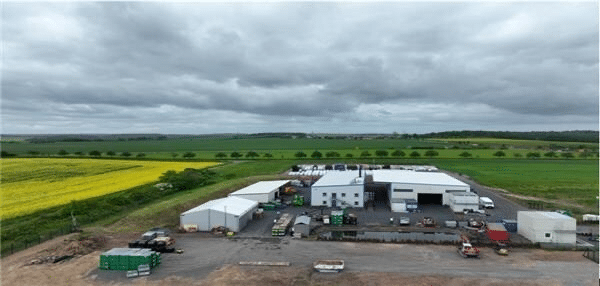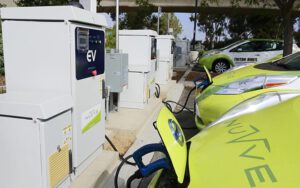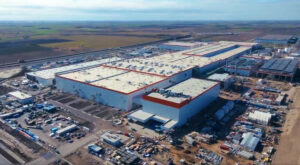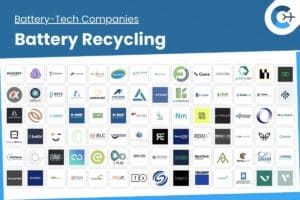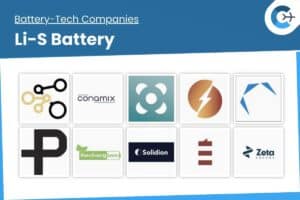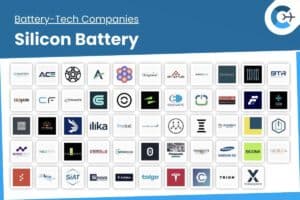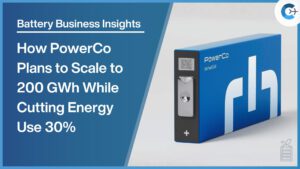Ecobat has expanded its battery recycling operations by bringing three new lithium-ion recycling facilities online within the past year. The newly operational plants are situated in Hettstedt, Germany; Casa Grande, Arizona; and Darlaston, England. Combined, these facilities have the capacity to process up to 10,000 tons of lithium-ion batteries annually, with plans to increase this capacity to 25,000 tons in the future.
The primary focus of these recycling plants is the production of black mass, a valuable material extracted from recycled lithium-ion batteries. Black mass contains essential minerals such as lithium, cobalt, nickel, manganese, and graphite, which are critical for manufacturing new batteries. By recycling these materials, Ecobat supports the development of a circular battery economy, reducing the reliance on new mining activities and promoting sustainable supply chains.
- Hettstedt, Germany: Commissioned in the fourth quarter of 2023, this facility is equipped to handle a diverse range of battery types, including those from electric vehicles, portable electronics, e-bikes, and power tools. It serves major automotive manufacturers and collection programs across Europe, reinforcing Ecobat’s commitment to a sustainable battery ecosystem in the region.
- Casa Grande, Arizona: Operational since April 2024, the Casa Grande plant is pivotal for advancing lithium-ion battery recycling in the United States. By collaborating with automotive OEMs, battery producers, and e-waste recyclers, this facility enhances Ecobat’s capacity to process and recover black mass efficiently, catering to both the North American and global markets.
- Darlaston, England: Launched in November 2024, the Darlaston plant serves as a key hub for Ecobat’s activities in the UK and broader European markets. It processes various lithium-ion battery types and provides diagnostic services, supporting sustainable material flows within the British supply chain.
“Ecobat’s rapid expansion in lithium-ion battery recycling demonstrates our commitment to meeting the growing demand for sustainable, closed-loop production processes,” said Brett Horton, Managing Director of Ecobat Solutions. “With EV sales rising and more end-of-life batteries entering the market, our new facilities are well-positioned to meet these challenges, creating value for our partners and stakeholders, while helping to drive the transition to a circular economy.”
“We remain dedicated to driving innovation in battery recycling and advancing our mission to create a cleaner, more sustainable future,” said Stefanie Scruggs, Chief Sustainability and Health, Safety, Environment Officer at Ecobat.
Ecobat continues to enhance its global presence and recycling capabilities, aiming to lead the industry in minimizing the environmental impact of battery production and disposal.
Source: PR Newswire

